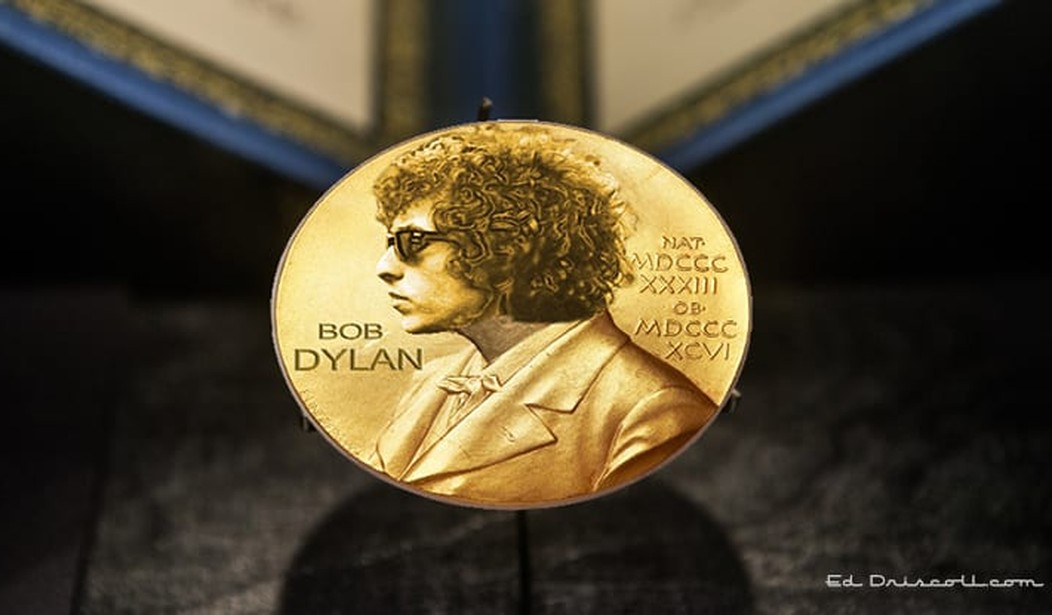
RIP Peter Yarrow of Peter, Paul, and Mary, whose hits included
of Blowin' in the Wind.
I still like groups like the trio and, say, the Weavers, even though I do remember an Ed Driscoll post from nine years ago which explained that the folk music movement was largely fake 'n' artificial 'n' manufactured (not to mention… Stalinist)…
David P. Goldman on folk music:
We Americans are not a “folk,” not in the sense that Johann Gottfried Herder used the term. We do not have the deep memory of autochthonous roots that characterizes European cultures, the hand-me-downs of long-lost pagan experience. We are a people self-created by religious and political impulse. We have a distinct culture, but it is a self-created culture, a riff on Pilgrim’s Progress …
… We are not a folk but a church, and our native music is church music–the Battle Hymn with its quotation of Isaiah 63, for example, or “The Year of Jubilo,” whose hymnal roots I analyzed here. Our popular poetic language is that of our national epic, the King James Bible. We sang the go-to-meeting songs of the Methodists and other Protestant denominations. This informed the spirituals of black slaves who gave us our first original art form. American folk music? Gospel is as close as we get to such a concept.
… What passed for “folk music” in the 1940s and 1950s, by contrast, was the remnant of English ballad preserved in isolated Appalachian communities, as rediscovered by musicologists. Joan Baez made a specialty of such things. John and Alan Lomax gathered Appalachian music, African-American music, and other scraps and shards distant from the American mainstream as an expression of authentic “folk” culture. The entire “folk” movement was Stalinist through and through (including Woody Guthrie, who was a Communist Party hanger-on and probably a member. … ).
Of course, it was all a put-on. Woody Guthrie was a middle-class lawyer’s son. Pete Seeger was the privileged child of classical musicians who decamped to Greenwich Village. The authenticity of the folk movement stank of greasepaint. But a generation of middle-class kids who, like Holden Caulfield, thought their parents “phony” gravitated to the folk movement. In 1957, Seeger was drunk and playing for pittances at Communist Party gatherings; that’s where I first met him, red nose and all. By the early 1960s he was a star again.
To [Bob] Dylan’s credit, he knew it was a scam, and spent the first part of his career playing with our heads.


No comments:
Post a Comment